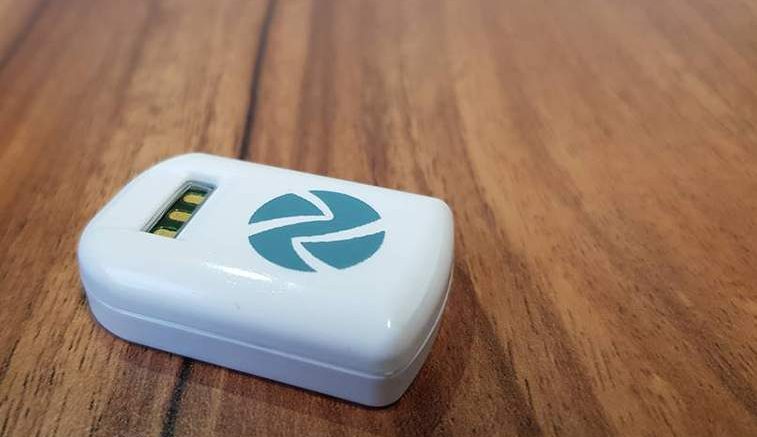Nemaura Medical has recently received European approval for its world’s first non-invasive continuous glucose monitor (CGM) SugarBEAT. Given the pace at which the wearable health tech space is growing, the UK-based medtech company is best placed to disrupt the multi-billion-dollar global diabetic and pre-diabetic markets, says GlobalData, a leading data and analytics company.
Diabetes is as one of the most pressing health issues globally. GlobalData forecasts the glucose monitoring devices market in Europe to grow at a compound annual growth rate (CAGR) of 5.1%from US$3.4bn in 2018 to nearly US$4.8bn in 2025. Over the same period, the global and the US markets are set to grow at 4.6% and 3.2% to reach US$16.3bn and US$5.6bn, respectively.
Renuka Sreeramoju, Medical Device Analyst at GlobalData, says: “The high unmet need of standard finger stick testing and the painful insertion of CGM device under the skin can be achieved by the availability of Bluetooth-enabled smartphone CGM wearable device.”
SugarBEAT, a disposable adhesive patch worn on the arm, draws the interstitial fluid from the skin for glucose analysis by passing imperceptible electric current through the skin. The device is connected to a rechargeable transmitter provides real-time, continuous glucose readings for every five min intervals (12 per hour) thereby creating ambulatory glucose profile chart where the trends, patterns and the extent of fluctuations and out of range glucose profiles can be observed.
Nemaura Medical is set to launch SugarBEAT in the UK and German markets in Q3 2019. The company is on track to submit the US Food and Drug Administration (FDA) application in mid-2019.
Currently, Senseonics’ Eversense, Abbott’s FreeStyle Libre system, Medtronic’s Guardian Connect and Dexcom G6, are some of the other CGM devices available. Abbott’s FreeStyle Libre 2 CGM, Dexcom’s next-generation integrated G7 CGM and are lined up for market entry in future.
Sreeramoju concludes: “Due to its non-invasive nature and relatively low cost, SugarBEAT is expected to give tough competition to the invasive CGM devices and attain a strong position in both diabetic (insulin and non-insulin dependent), pre-diabetic and wearable health tech markets in future.”

